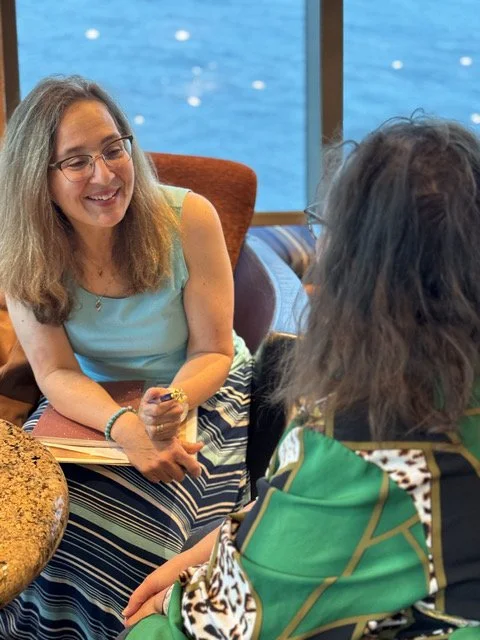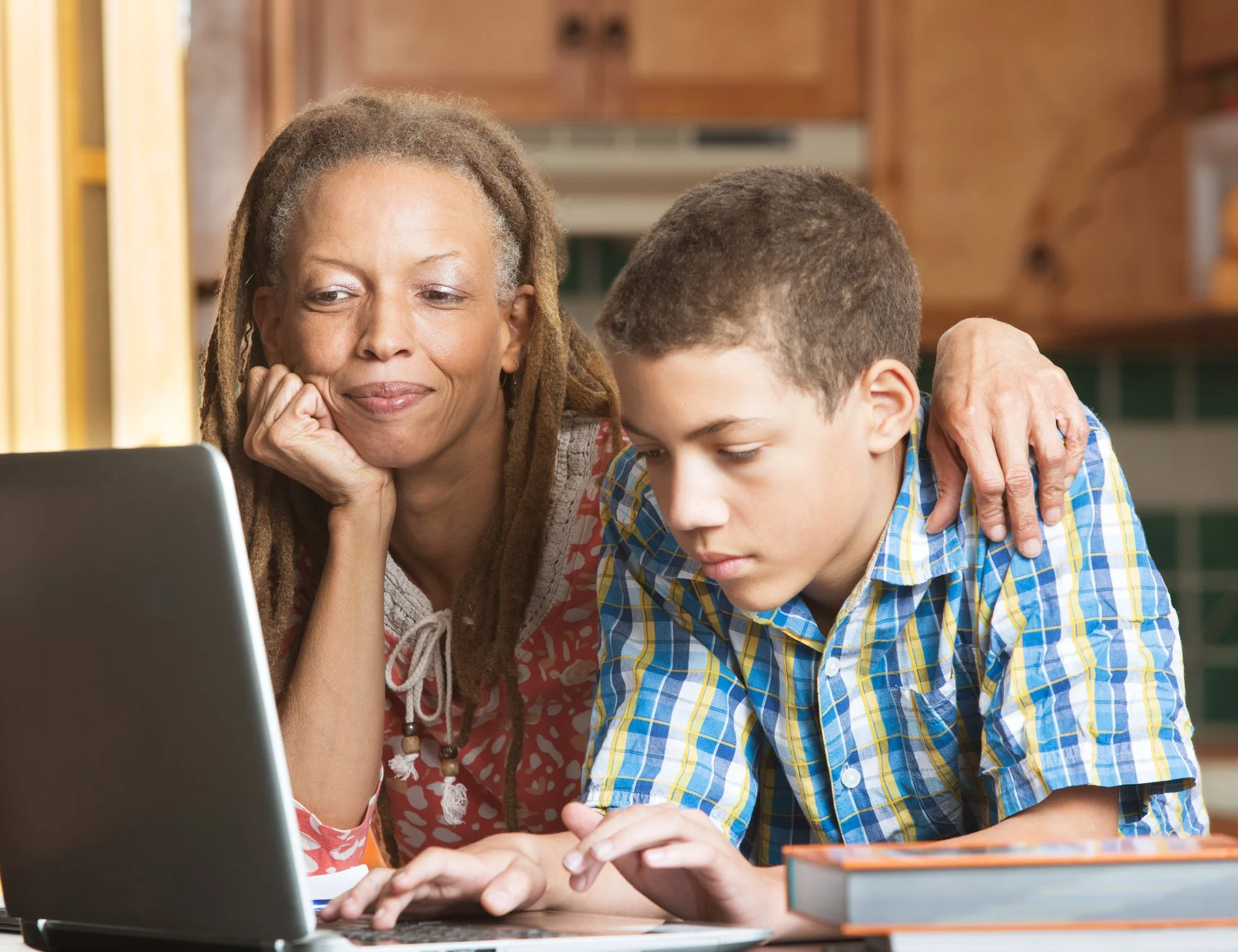Using a parent coach to manage child behaviors makes more sense than you might think.
First, parenting is a skill; it is not innate.
Many parents hesitate to get help because they feel that a good parent should just know instinctively how to help and guide their child.
These parents do not realize that historically parenting knowledge has been handed down from generation to generation by the wise counsel of the village—by parents, grandparents, religious leaders in the olden days and more recently by teachers, coaches and even librarians.
Read More




















